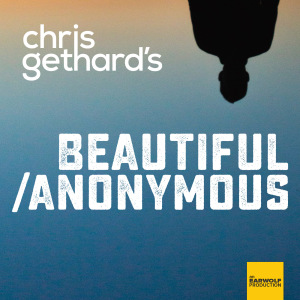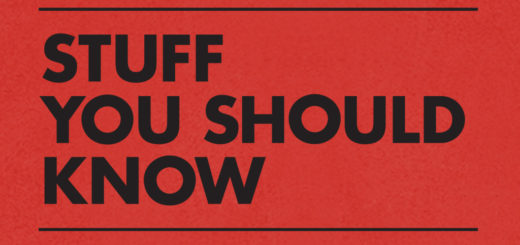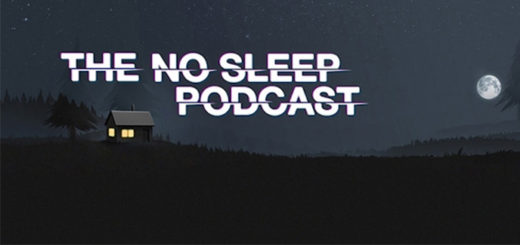Podcast of the Week: BEAUTIFUL/ANONYMOUS

A podcast so unabashedly voyeuristic in its conceit could easily feel dirty or exploitative in anyone else’s hands besides Chris Gethard’s. Essentially, BEAUTIFUL/ANONYMOUS is about comedy veteran Chris Gethard having an entirely anonymous phone call with a new caller every week. The caller can hang up at any time and can talk about whatever they want. Chris has to keep the conversation going for an hour, but at the end of the hour, the call automatically ends. The podcast is often confessional and occasionally explicitly sexual, but for the most part, the conversations really center around a caller struggling with a problem which they can’t quite seem to figure out.
Chris Gethard is a comedian who has existed in the realm of the super famous for people plugged into the niche comedy world, but almost entirely under the radar of normal people. It’s a shame, because the CHRIS GETHARD SHOW, his truly one-of-a-kind public access talk show that was eventually picked up by Fusion and eventually truTV (and is currently on YouTube) is just about one of most joyous things I’ve ever seen on television. Chris has the ability to authentically and entirely be himself, but to do so always in the service of the people around him. His scorching sincerity may sting to people who are used to a certain level of ironic scorn from their comedians, but it would take a truly cynical person to not admit that Gethard is funny. As a friend recently pointed out, Chris’s real skill as a comedian and improviser is finding ways to make other people shine in the moment.
The very first episode of the show, “Ron Paul’s Baby,” features a man who worked at a callcenter for a corporation called BankTech who was miserable beyond comprehension. The call is an absolute emotional roller coaster that ends in Chris begging the caller to scream his frustrations into the heavens and quit his soul-sucking job. It was such a perfect piece of podcasting that THIS AMERICAN LIFE, the godfather of all podcasts, aired portions of the episode and interviewed the caller for more information about his story. It skyrocketed the show to popularity and showed what potential Gethard really had as a host. Lesser hosts who were simply interested in creating juicy moments would simply wait for their chance to ask lurid, uncomfortable questions, but Chris’s primary concern is never about the quality of the episode. Rather, he is always focused first and foremost on making sure the caller is comfortable, feeling safe, and getting the perspective they need to fully express themselves. The show is always first and foremost about Chris connecting to the human being directly in front of him. The anonymity the callers experience grants them freedom and leverage over Chris, meaning that even though they’re talking to a famous comedian, there is always the opportunity for the callers to be the star of the show.
The calls are random; who gets through and who doesn’t is arbitrarily determined by the phone hotline service Chris uses. What’s most remarkable is how often the show manages to feel fresh and different. Despite all the episodes having pretty much the exact same format, I have to admit that I have yet to listen to an episode that feels entirely repetitive. There are episodes that are hilarious (“Hot Scoop”), tragic (“Inside the Heroin Epidemic”), and most are somewhere in between (“Made Out with My Teacher”), but they’re all more or less as unique as the individual callers. There are multiple episodes where Chris talks politics with people he’s diametrically opposed to (“Make Fruit Baskets Great Again,” “Country AF”), there are episodes where he has to put his foot down and speak with frank consternation about the caller’s life (again, “Made Out with My Teacher”), but the show is far from a forced reconciliation of superficial identifiers. Simply put, it’s a show that celebrates genuine, in-depth conversation and openness that could stand to be reflected everywhere in our increasingly fractured and divided world.



